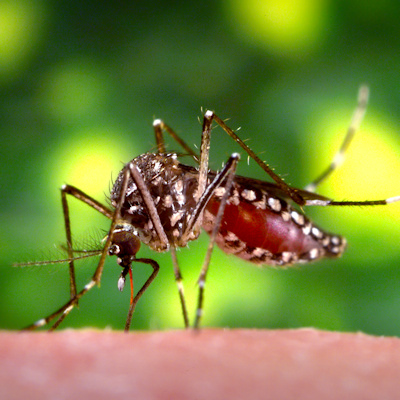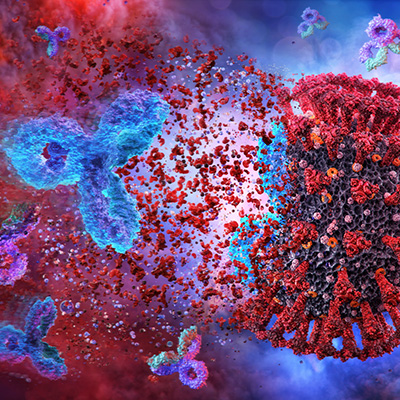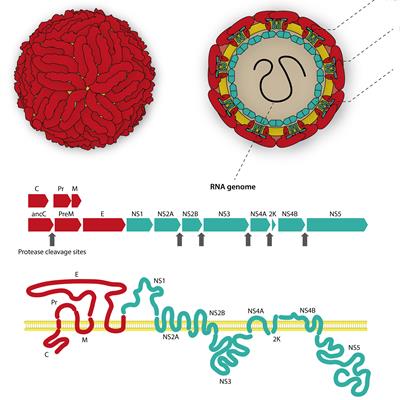March 31, 2023 -- Researchers have found that lab-made antibodies offer a potential cure for yellow fever, a currently untreatable virus expected to spread due to global warming.
The research, published Wednesday in Science Translational Medicine, indicates that a single monoclonal antibody infusion in animals may strengthen the body's fight against yellow fever.
Up to half of all people who get severe yellow fever die from the virus, which can lead to jaundice and organ failure. Every year, the virus infects about 200,000 people, and kills about 30,000 worldwide. Currently, most cases occur in tropical and sub-tropical Africa and South America, but global warming is expected to increase the range of the mosquitoes that spread the virus. Deaths in Africa alone are predicted to increase by 25% by the year 2050.
The disease is preventable with a highly effective vaccine available since the 1930s. Although the vaccine is safe for most people, vaccine hesitancy leaves many vulnerable. The live vaccine uses a weakened form of the virus, which causes an adverse, although rarely fatal, reaction in a very small percentage of recipients. The researchers sought potential yellow fever treatments that could benefit both unvaccinated individuals who become infected and the few people who experience vaccine-related reactions.
The team initially considered 37 antibodies cloned from people who had been vaccinated against yellow fever. They narrowed their focus to two monoclonal antibodies capable of controlling virus variants involved in recent yellow fever outbreaks. They manufactured these two monoclonal antibodies in the lab and studied their protection against the yellow fever virus in rhesus macaque monkeys and hamsters. After exposing the animals to the virus, each species was divided into three groups: one that received the first antibody, another that received the second antibody, and a third that received no antibodies.
The virus was undetectable in the blood samples of any of the eight rhesus macaques and 20 hamsters that received either of the two monoclonal antibodies. Both monoclonal antibody candidates appeared to be safe. None of the animals that received either experimental treatment displayed liver dysfunction, a sign of severe yellow fever infection and yellow fever vaccine-associated disease. All animals in the control group developed severe yellow fever disease.
"By showing such efficacy in primates that mimic severe human disease, we hope to advance this to clinical trials and be ready to deploy treatments for the next outbreak of yellow fever," added Michael Ricciardi, PhD, first author and Mabloc's director of product development.
Disclosure: This research was funded in part by Mabloc. Some researchers involved in this study have a significant financial interest in Mabloc.
Copyright © 2023 scienceboard.net










